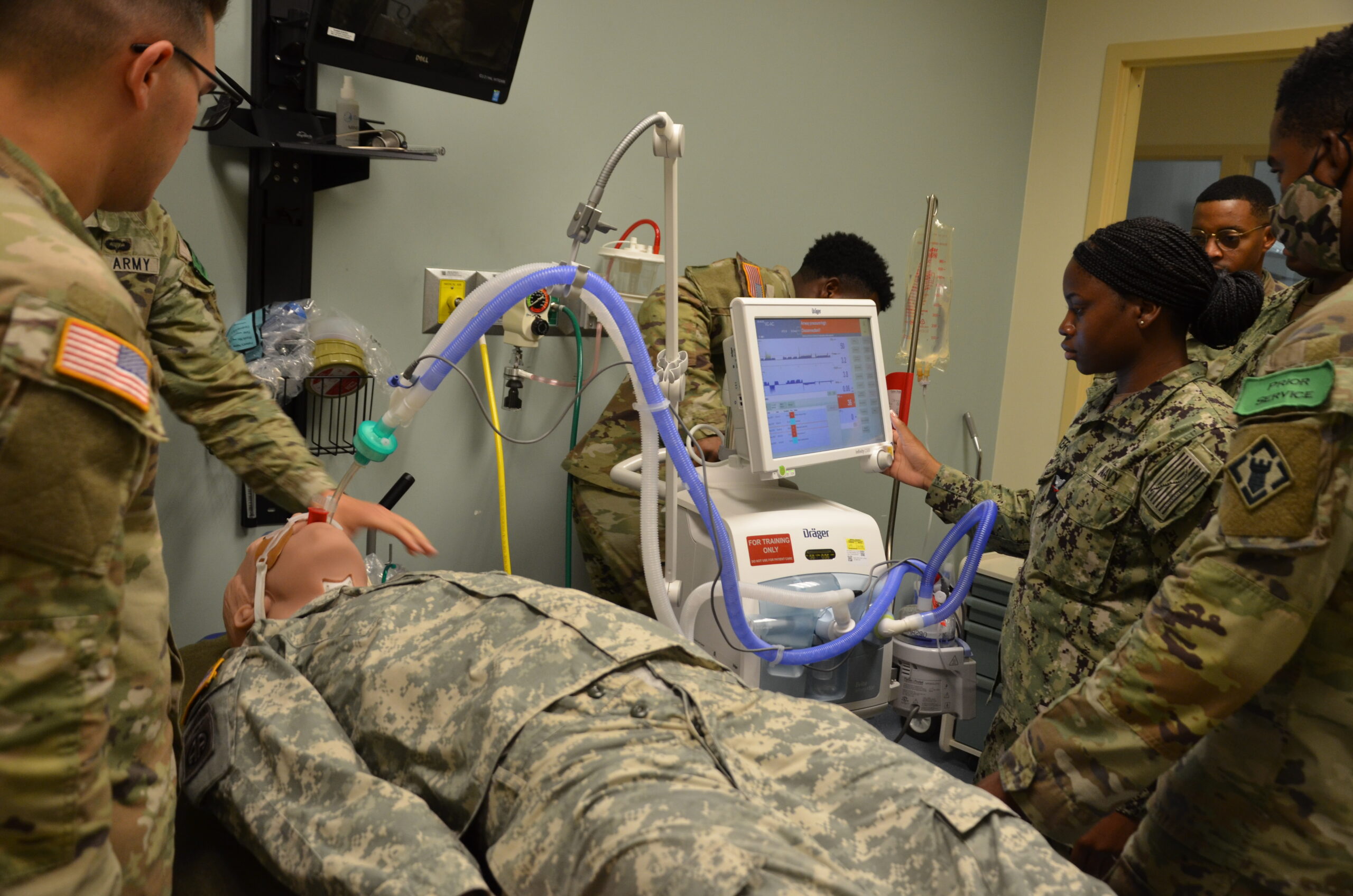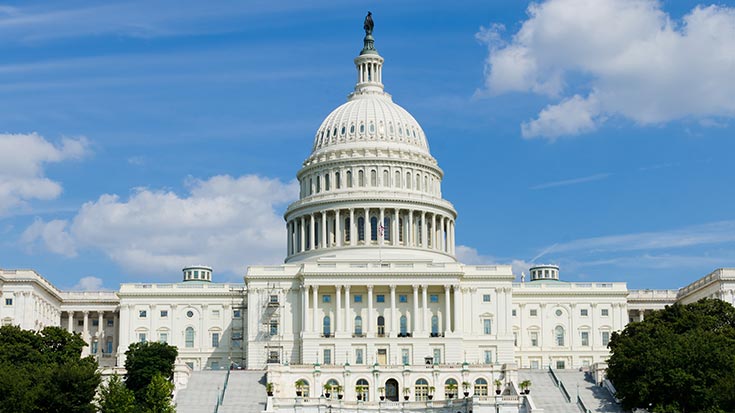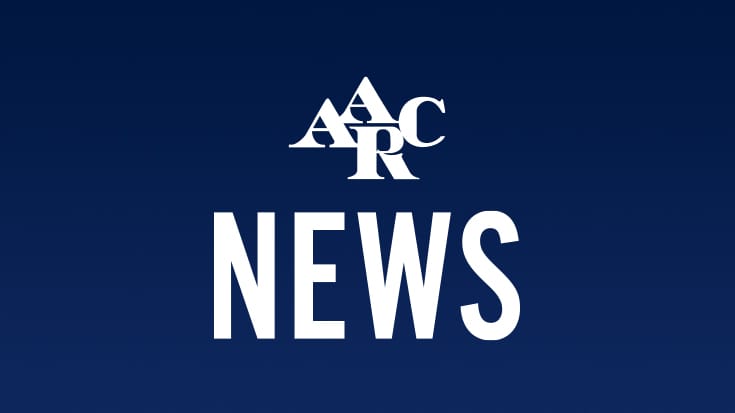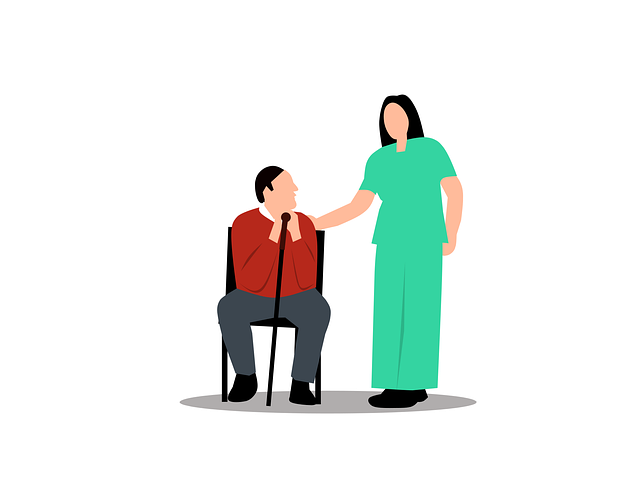
Earlier this week, the Centers for Medicare and Medicaid Services (CMS) issued proposed rules in conjunction with an Executive Order from the President that would expand telehealth services during the pandemic and beyond. Overall, the provisions do not change or expand upon the decision announced previously in News Now and on the AARC.org website that allows respiratory therapists to furnish covered telehealth services “incident to” the professional services of a physician or other qualified nonphysician practitioner (NPP) during the public health emergency (PHE), or to provide outpatient therapeutic services to individuals in their home as part of the hospital outpatient benefit. But there are some proposals that impact the respiratory profession that are worth noting.
President’s Executive Order (EO) Would Expand Telehealth in Rural Areas
The EO directs the Secretary of Health and Human Services (HHS) to develop a new payment model for rural health value-based care that provides flexibilities from existing rules that can enable rural health care providers to provide necessary care. One of the goals of the EO is to increase access to high-quality care through telehealth. If the CONNECT Act is enacted during the next Administration, this new rural payment model could offer opportunities for respiratory therapists under the provisions of the Act that would allow them to furnish telehealth services. Other goals that could bode well in the future for RTs include the following:
- Increase rural access to health care by eliminating regulatory burdens that limit the availability of clinical professionals.
- Propose regulations to extend measures in place during the PHE beyond its duration regarding additional telehealth services offered to Medicare beneficiaries and staffing and supervision flexibilities offered to those in rural areas.
Remote Patient Monitoring Offers Opportunities for Respiratory Therapists
There is good news for respiratory therapists with respect to remote patient monitoring (RPM) which involves collecting and analyzing patient physiologic data, such as pulse oximetry or respiratory flow rates, in conjunction with the development and management of an individual’s treatment plan. These services are not considered “telehealth” and are not subject to the restrictions imposed by the telehealth statute or waivers under the PHE. Highlights from the CMS’ proposed rule including the following:
- CMS proposes to make permanent the ability of auxiliary personnel (e.g., respiratory therapists or contracted employees) to furnish CPT codes 99453 and 99454 under a physician’s supervision.
- CPT code 99453 (Remote monitoring of physiologic parameter(s) (e.g., weight, blood pressure, pulse oximetry, respiratory flow rate), initial; set-up and patient education on use of equipment) includes clinical staff time that includes instructing a patient and/or caregiver about using one or more medical devices.
- CPT code 99454 (Remote monitoring of physiologic parameter(s) (e.g., weight, blood pressure, pulse oximetry, respiratory flow rate), initial; device(s) supply with daily recording(s) or programmed alert(s) transmission, each 30 days) includes the medical device or devices supplied to the patient and the programming of the medical device for repeated monitoring.
- CMS has clarified that RPM services can be furnished to patients with acute conditions as well as patients with chronic conditions.
- For RPM to be covered, the device must be a medical device as defined by the Food and Drug Administration and one that digitally (e.g., automatically) uploads collected and transmitted data rather than data that is self-reported.
In last year’s update to the physician fee schedule regarding RPM services, CMS designated CPT codes 99457 and 99458 as care management services and noted that these codes can be furnished by clinical staff under the general supervision of the physician or NPP which means respiratory therapists can furnish these services. These codes involve development and management of a treatment plan based on the RPM analysis and interpretation of data.
- CPT code 99457 (Remote physiologic monitoring treatment management services, clinical staff/physician/other qualified health care professional time in a calendar month requiring interactive communication with the patient/caregiver during the month; first 20 minutes)
- CPT code 99458 (add on code) (Remote physiologic monitoring treatment management services, clinical staff/physician/other qualified health care professional time in a calendar month requiring interactive communication with the patient/caregiver during the month; each additional 20 minutes)
Pulmonary Rehabilitation Direct Supervision Can be Virtual on Permanent Basis
Although AARC and other organizations such as the American Association for Cardiopulmonary and Pulmonary Rehabilitation (AACVPR) and the American Heart Association (AHA), have advocated for CMS to add cardiac and pulmonary rehabilitation codes to the list of covered telehealth services, CMS has still chosen not to do so. With rates of COVID-19 infections continuing to rise in various parts of the country, it is vital to keeping vulnerable patients with COPD who are enrolled in these programs safe by allowing services to be provided by telehealth.
Because cardiac and pulmonary rehabilitation require direct physician supervision, the pandemic raised new questions as to the circumstances under which the physician could be “immediately” available at the time the service was being furnished. On March 31, 2020, CMS issued an interim policy for the duration of the PHE for the COVID-19 pandemic that would allow direct physician supervision of pulmonary rehabilitation, cardiac rehabilitation, and intensive cardiac rehabilitation services to include the virtual presence of the physician through audio/video real-time communications technology when it is indicated to reduce exposure risks for the beneficiary or health care provider, e.g., observing the patient during treatment as they interact with or respond to the in-person clinical staff. In its latest rulemaking, CMS has proposed making the requirement permanent for Calendar Year (CY) 2021 and subsequent years. This is an important change as it could continue to improve access for patients and reduce the burden on providers after the end of the PHE.
The CY 2021 proposed rates for hospital outpatient pulmonary rehabilitation which is the predominate setting for these programs are in line with rates from 2020. The rate for the single bundled code for pulmonary rehab (G0424) is proposed at $56.50 while G0237 and G0238 rates are proposed at $25.27 per 15-minute increments. The group code G0239 single rate would be $34.42.
AARC Advocacy Continues to Highlight the Role of Respiratory Therapists
“AARC remains committed to continuing its advocacy to expand the role of respiratory therapists in providing services via telehealth,” said Anne Marie Hummel, AARC’s Associate Executive Director for Advocacy and Government Affairs. “We want to see new respiratory services added to the list of covered telehealth services and we will continue to work with other organizations to ensure patients enrolled in pulmonary rehab programs have access to them via telehealth in order to reduce any threat of exposure to the virus by requiring in-person visits,” she added.
The “incident to” provision that allows RTs to furnish telehealth services for the duration of the PHE is a permanent benefit category in the Medicare statute and it should not be limited to national emergencies since the physician or NPP who bills Medicare for the service meets the statutory definition of “qualified telehealth professional.” AARC has contacted CMS to verify this interpretation which could improve access to respiratory therapists after the PHE ends.
We continue to work with other organizations in seeking clarification from CMS to use appropriate telehealth codes by members of the multi-disciplinary cardiac and pulmonary rehab teams that could be billed through the hospital outpatient methodology and have jointly recommended to CMS that they expand coverage criteria for pulmonary rehab tied to specific diagnoses to include hospitalized Medicare beneficiaries diagnosed with COVID-19 for one year after discharge from the hospital.
Email newsroom@aarc.org with questions or comments, we’d love to hear from you.

















